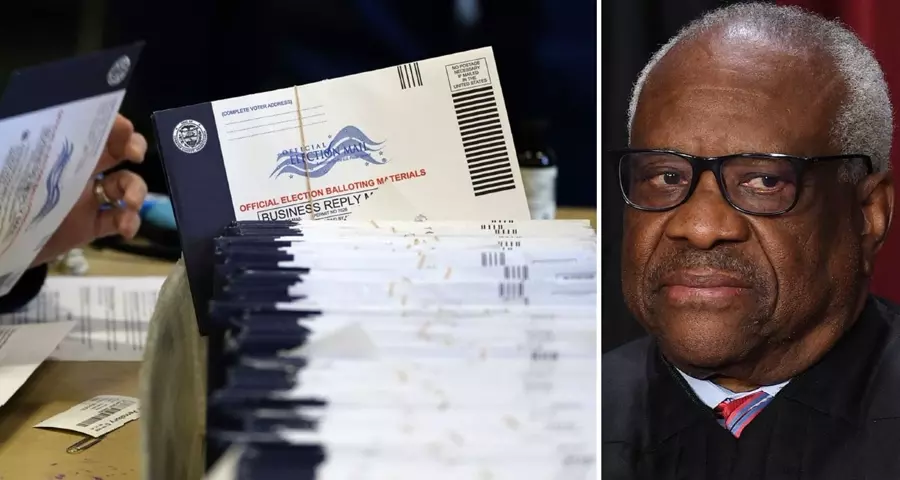The U.S. Supreme Court recently rejected a challenge to Texas’ voting laws that allow seniors to vote by mail without restrictions, while younger people are subject to stricter rules. The court had also rejected similar challenges to Indiana’s voting laws in 2021. In their appeal, the three Texas voters argued that the unequal treatment of voters violated the 26th Amendment, which prohibits age-based discrimination in voting rights. However, the Supreme Court declined to hear the case and upheld the Texas’ rules as legal since making it easier for some people to vote does not make it harder for others.
Older voters in Texas, Indiana, Kentucky, Louisiana, Mississippi, South Carolina, and Tennessee can request an absentee ballot for any reason. In other states, older voters can only do this in certain situations. The challengers argued that the 26th Amendment, which lowered the voting age to 18 in 1971, requires equal treatment of all age groups when it comes to voting rights.
The Texas Democratic Party had previously filed lawsuits challenging the state’s voting rules during the COVID-19 pandemic. These challenges were also rejected by the Supreme Court. The court argued that the right to vote did not include the right to vote by mail when the 26th Amendment was made law. Most states either mail ballots to all voters or let any resident ask for an absentee ballot.
However, Texas has taken a different approach to safeguarding the integrity of voting. The state argues that anyone could ask for a mail-in ballot, but this would make voter fraud more likely. In the 2022 midterm elections, about one-third of voters sent in their ballots.
The voters who challenged Texas’ voting rules cited numerous barriers young voters face when trying to vote in person, including lack of transportation, long lines, difficulty finding or accessing polling places, and limited time off from work. Mail-in voting has been a major topic going into November’s presidential election, with several key rulings coming down in courts across the country.
The U.S. 3rd Circuit Court of Appeals recently ruled in favor of the Republican National Committee (RNC) regarding signature verification for mail-in voting in the “crucial” state of Pennsylvania. The court overturned a lower court’s ruling, which had argued that undated or incorrectly dated mail ballots should be counted due to a provision in the Civil Rights Act of 1964.
The RNC argues that enforcing date requirements for mail ballots does not impinge on the right to vote since the Materiality Provision only prohibits immaterial requirements affecting the qualification and registration of a voter, not other specific requirements for casting a ballot. The RNC has launched 81 voter integrity lawsuits and legal actions during the current election cycle alone, with more to come.




